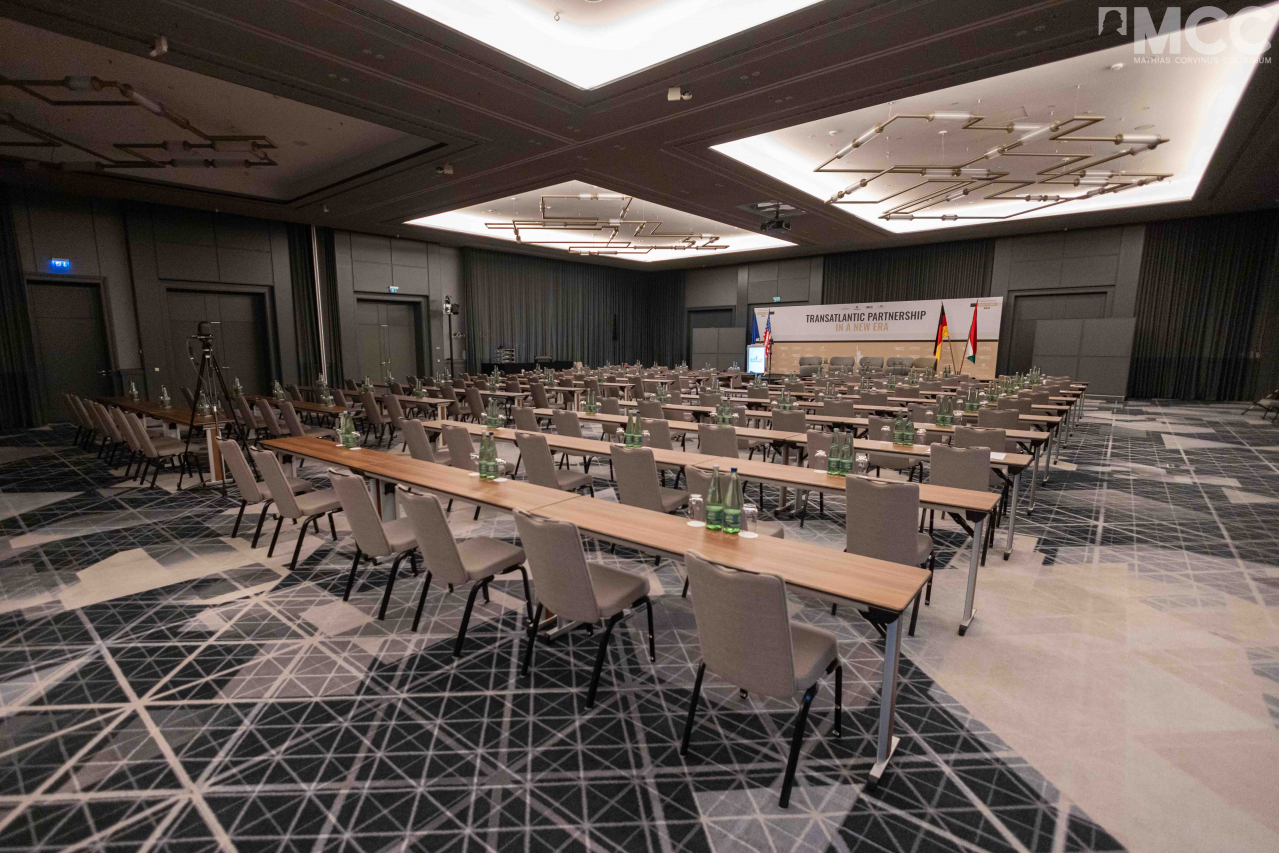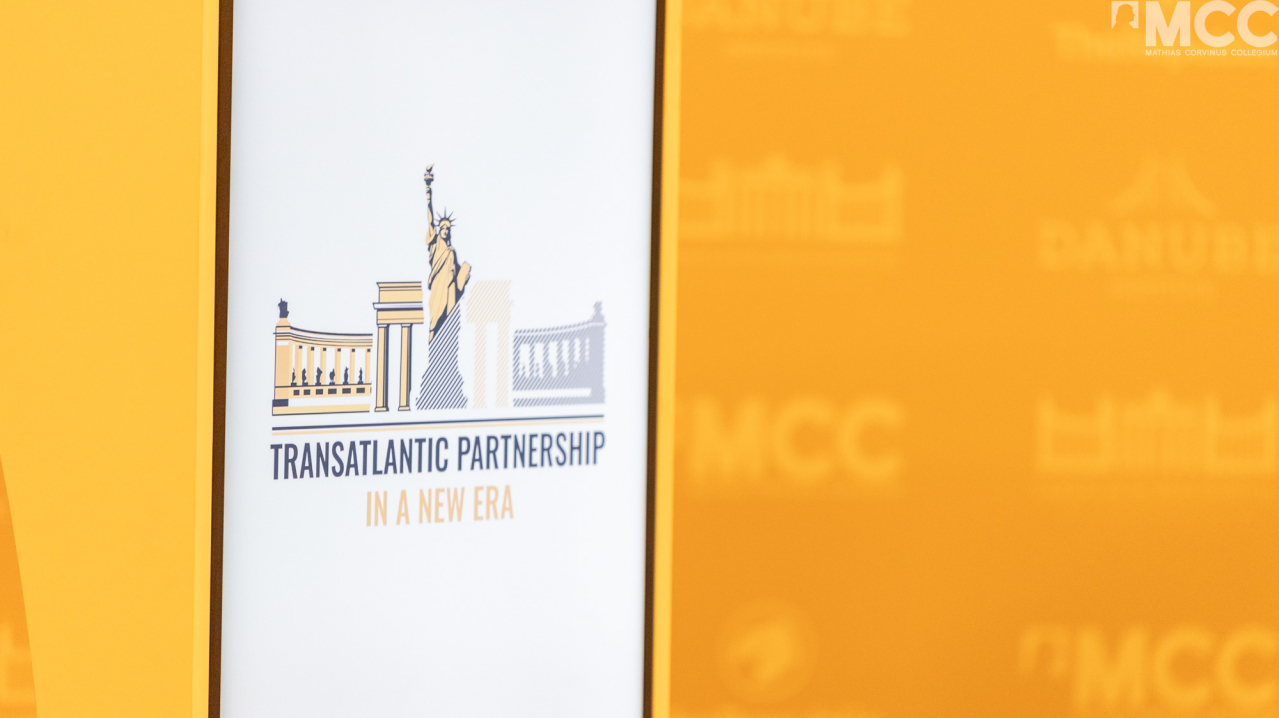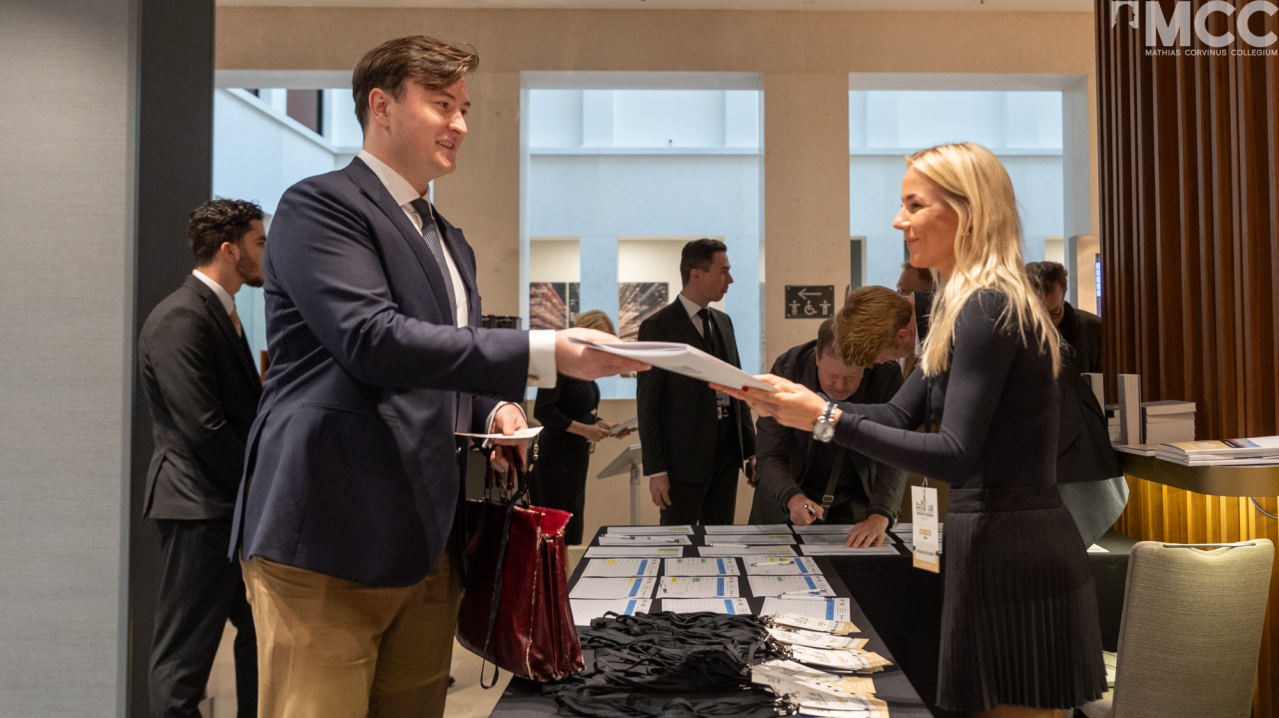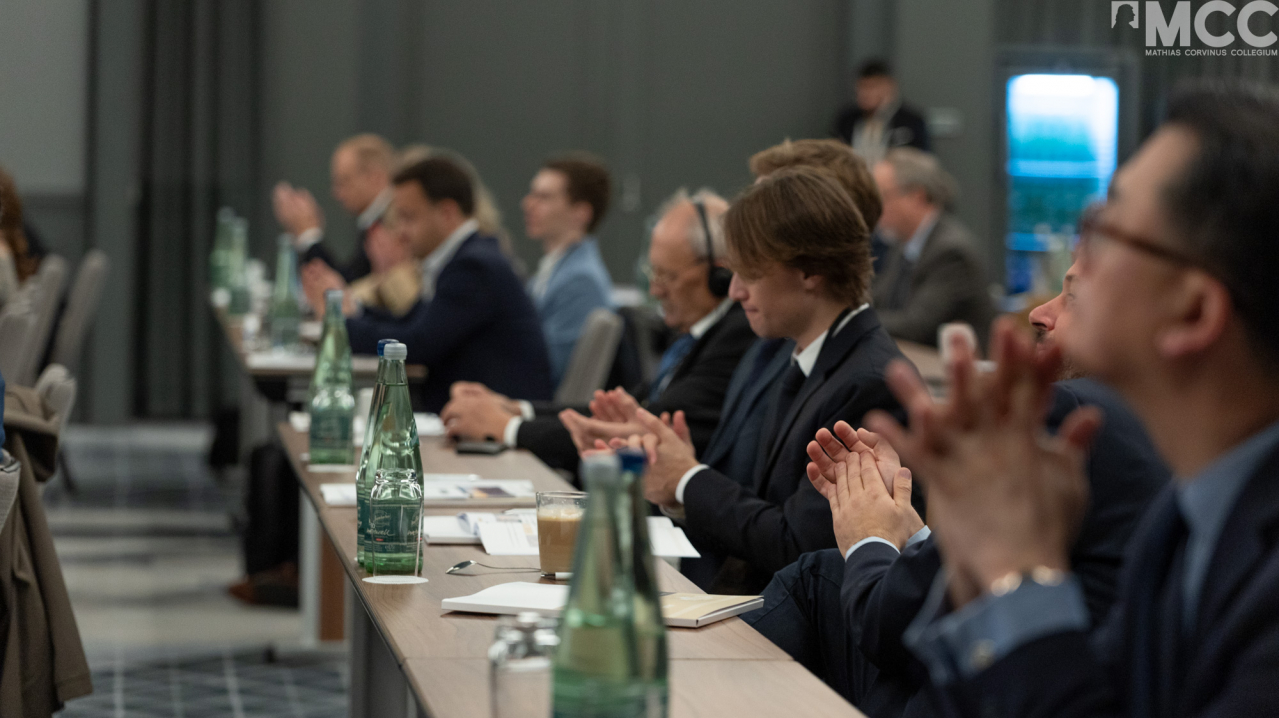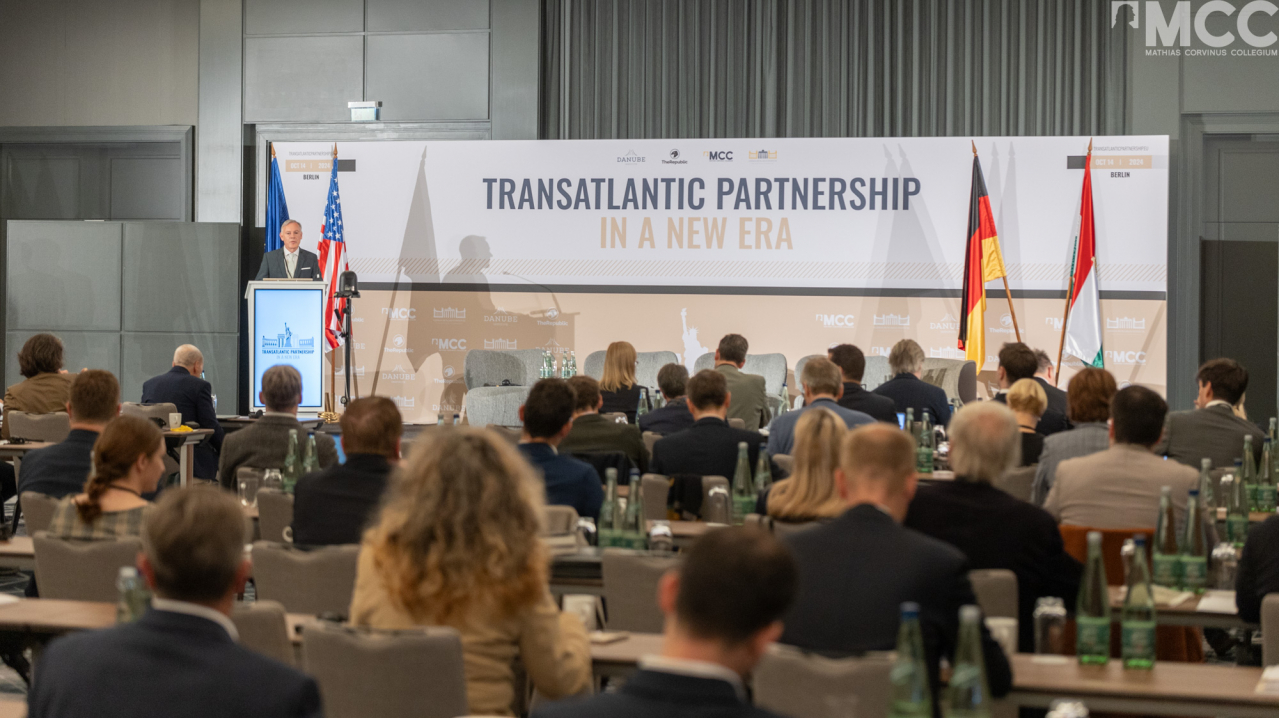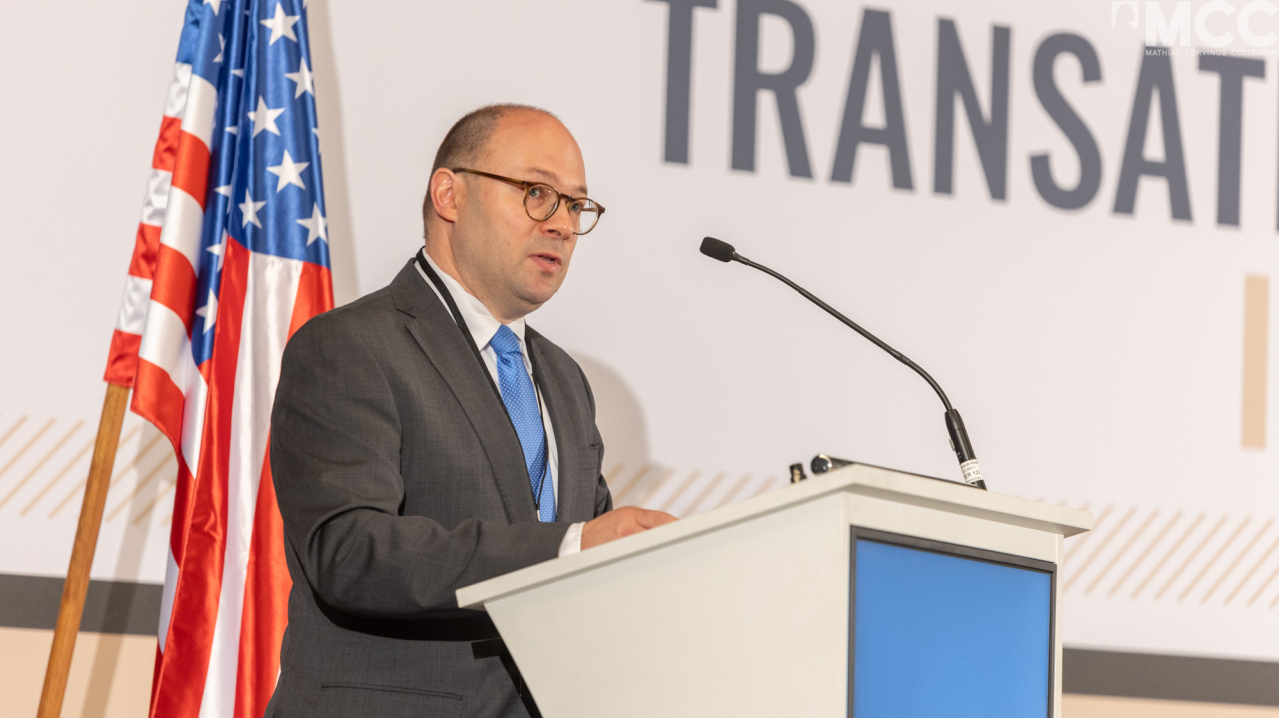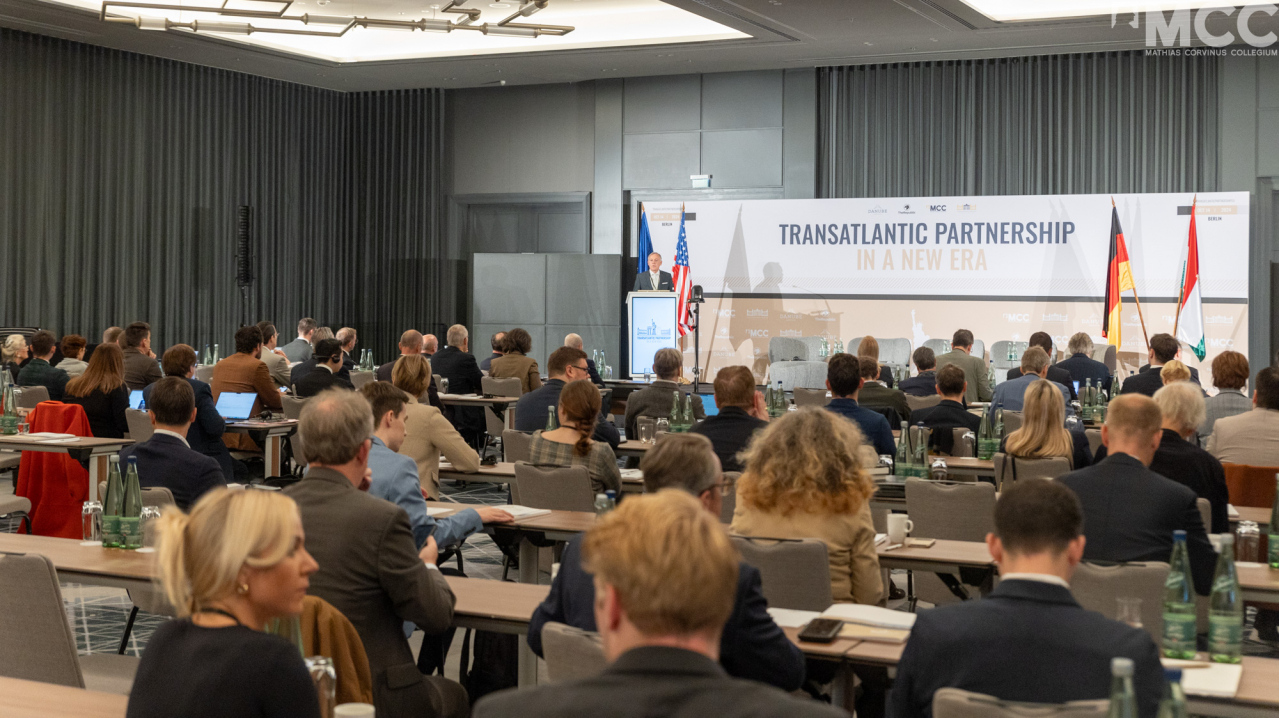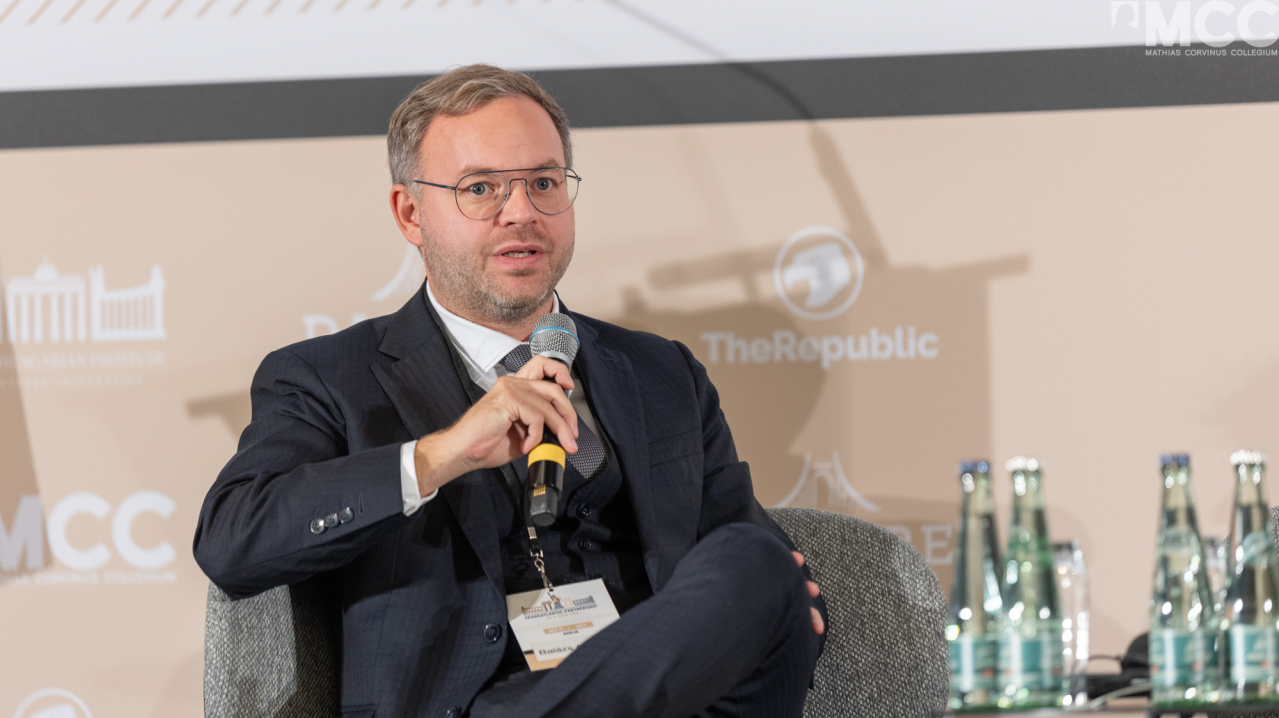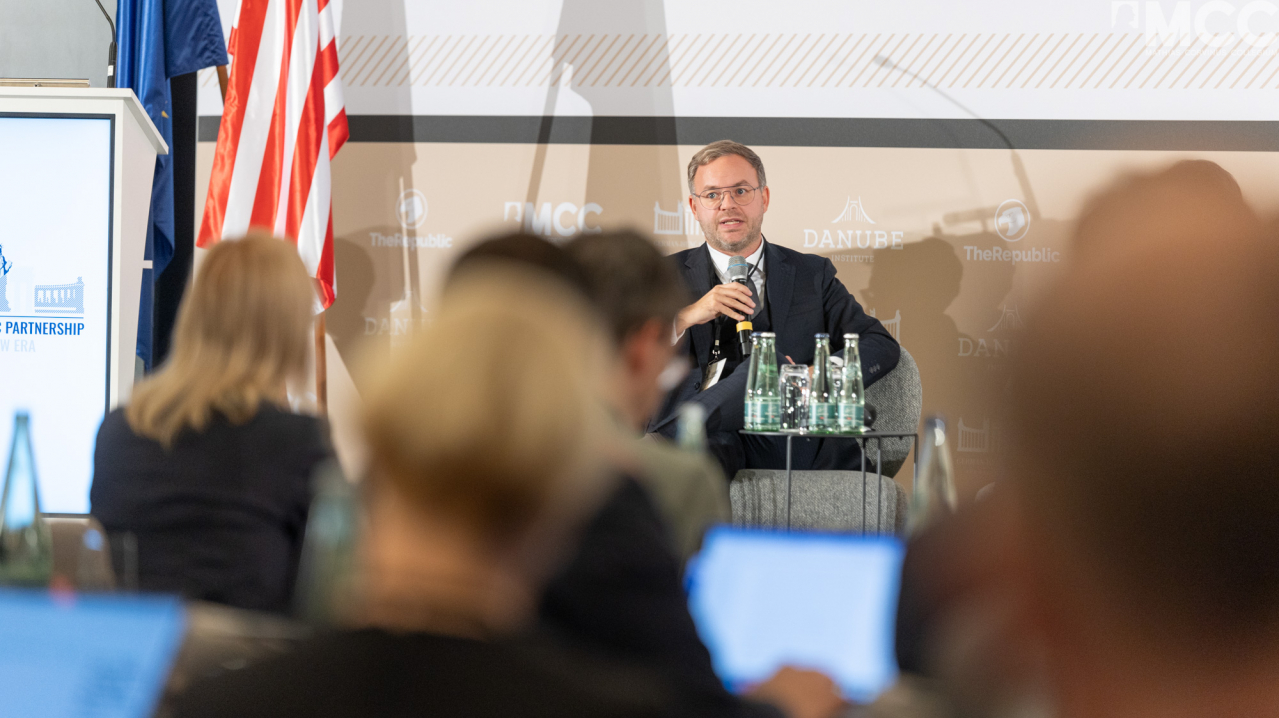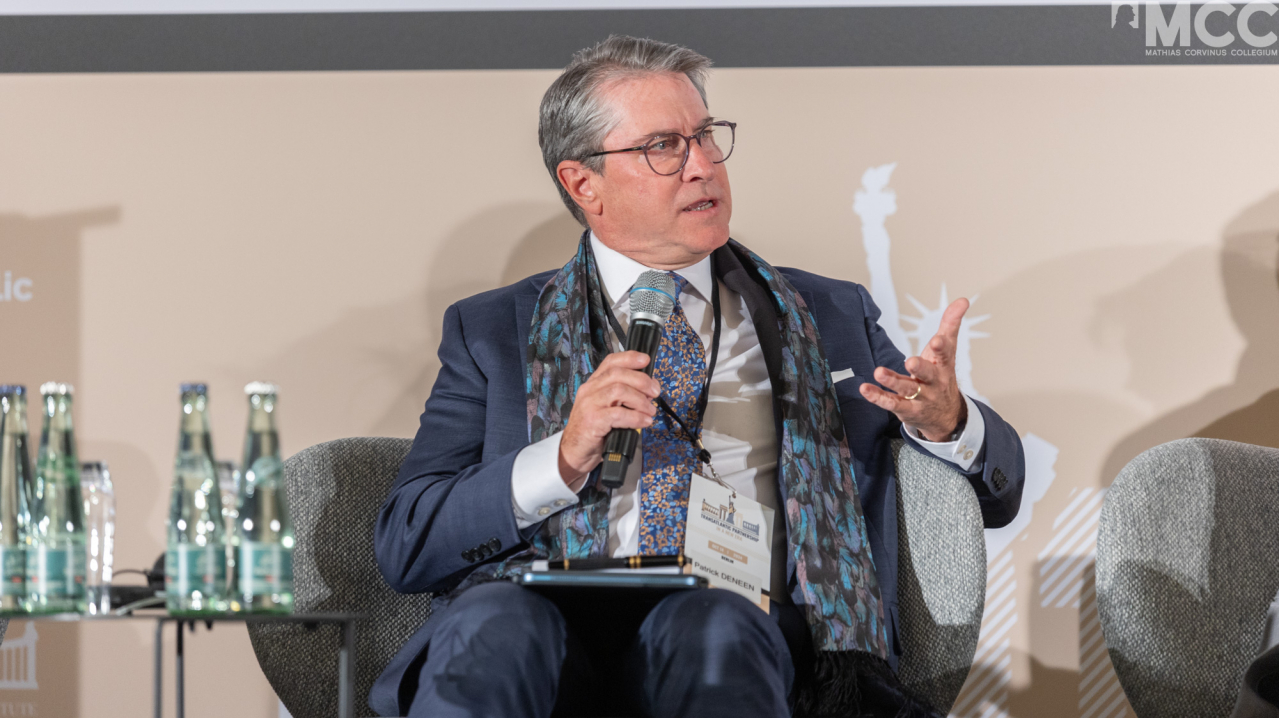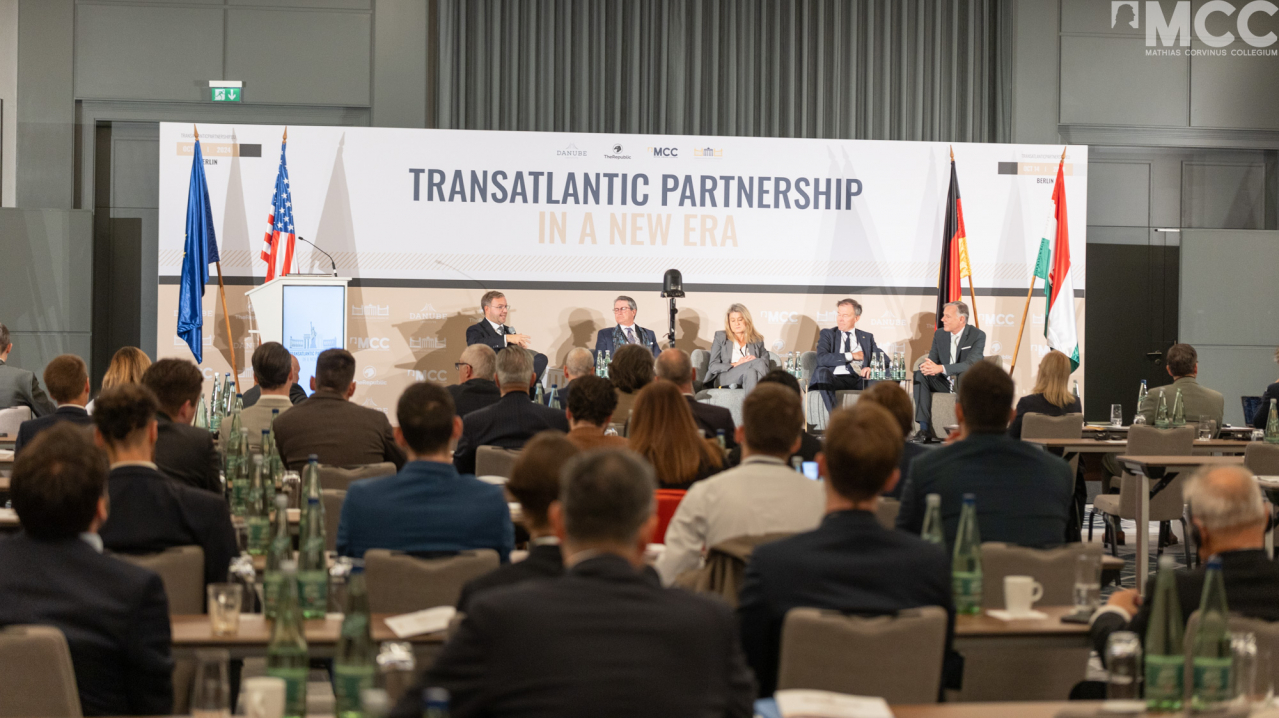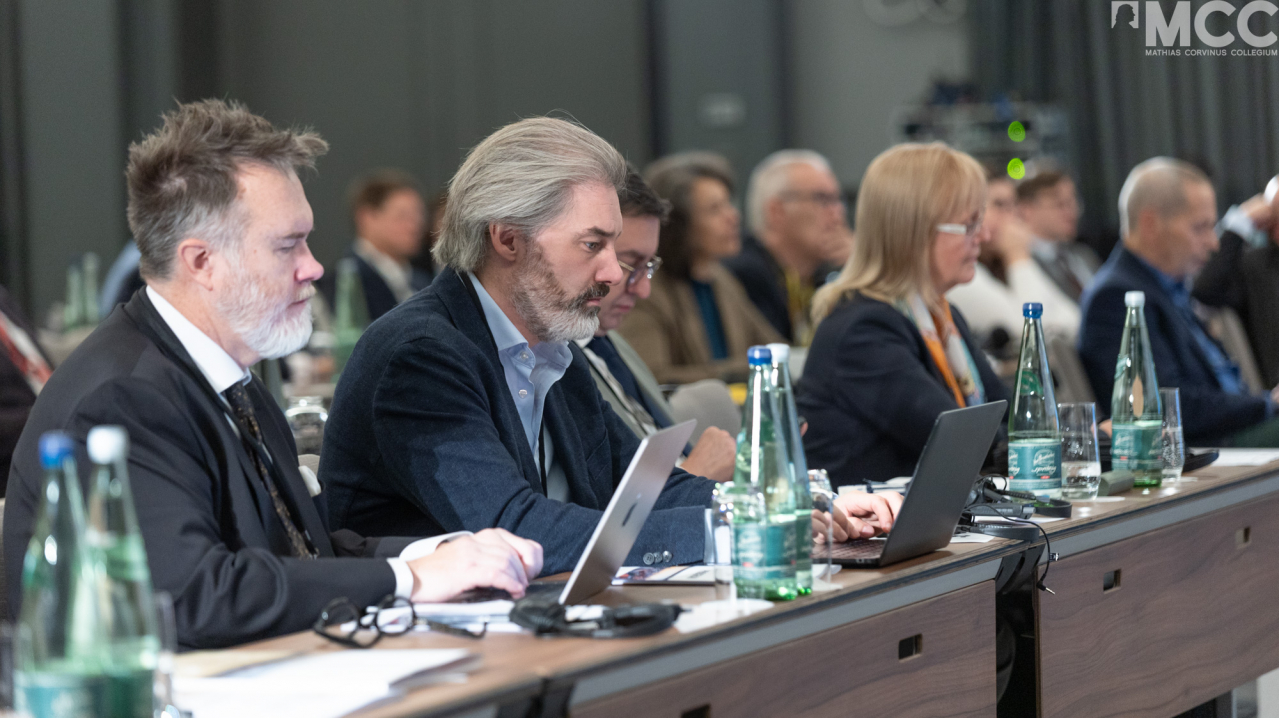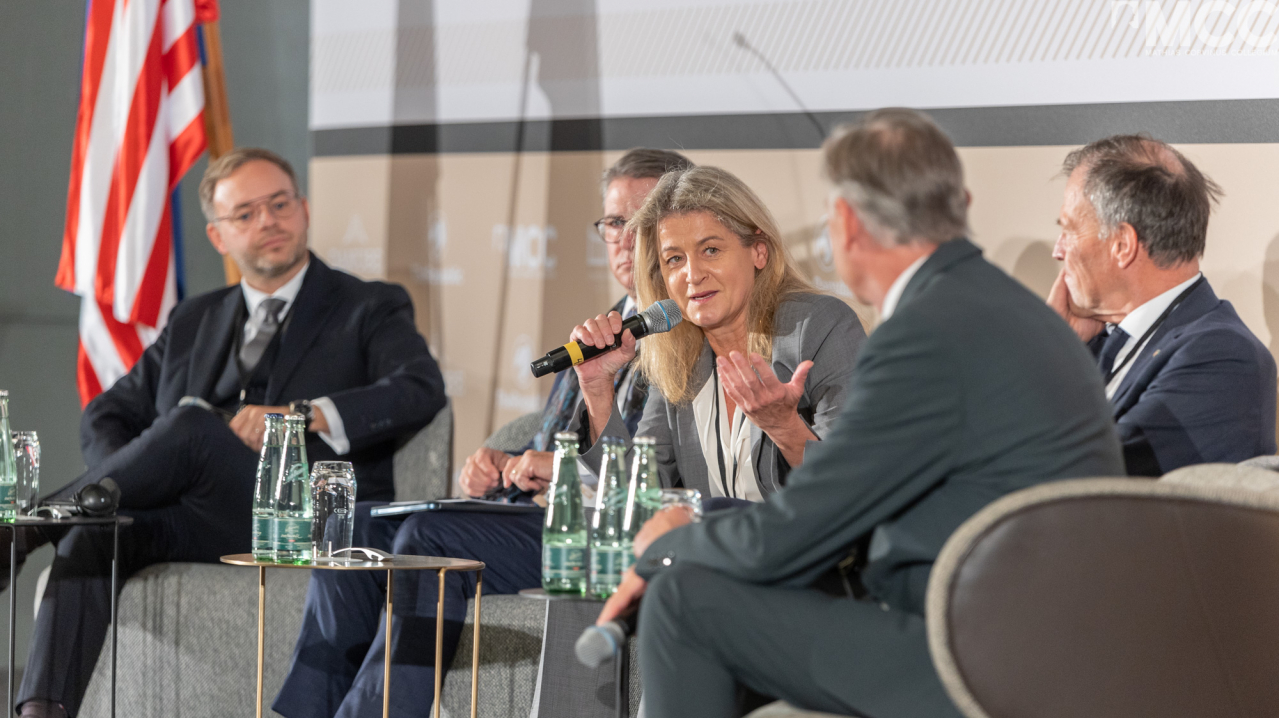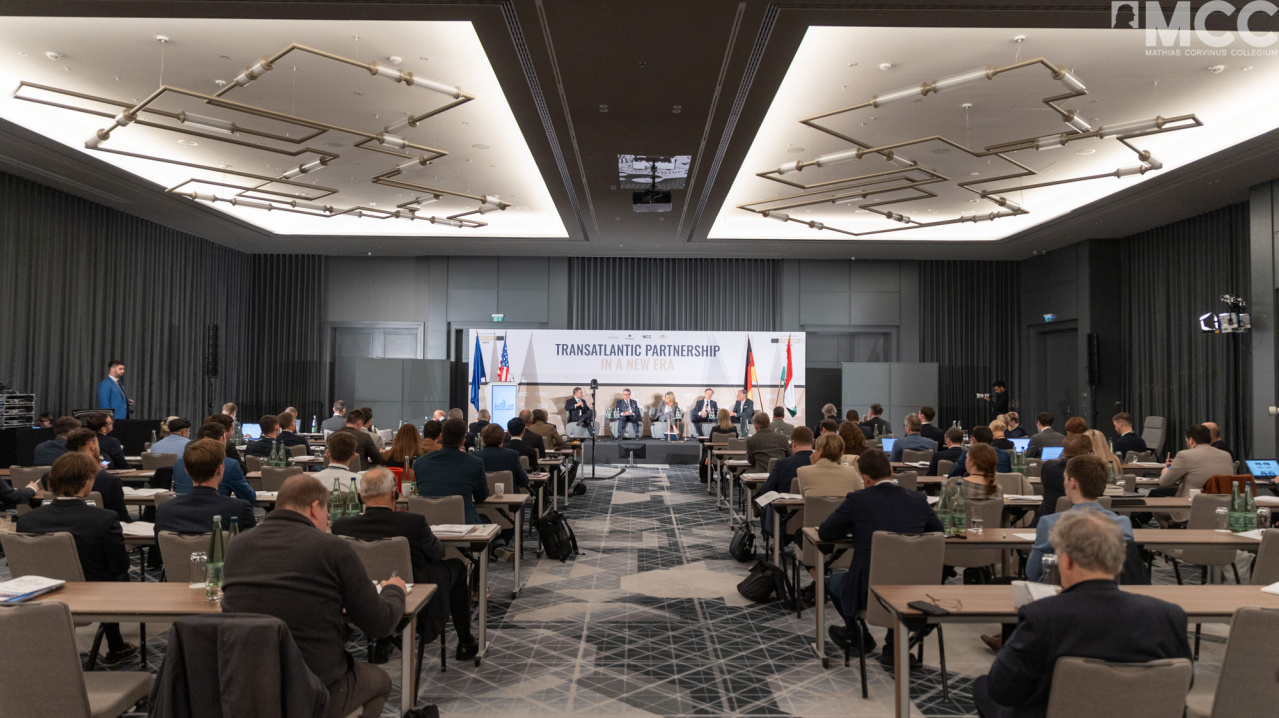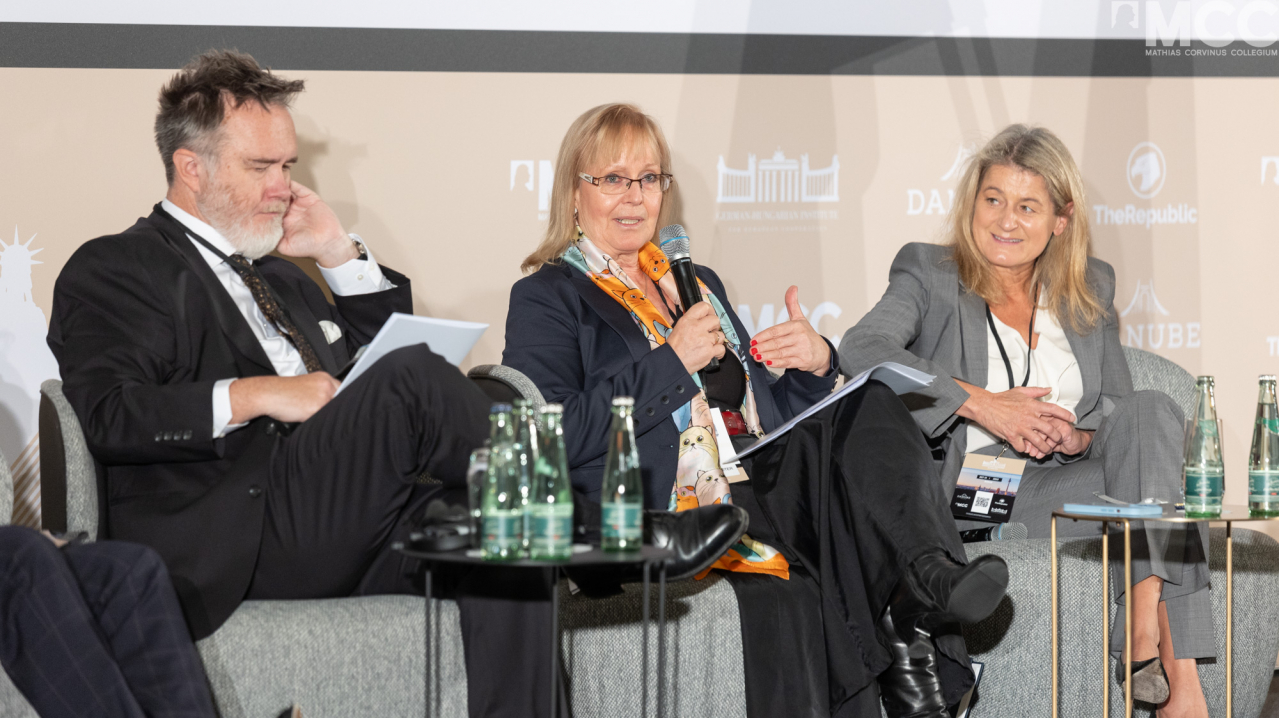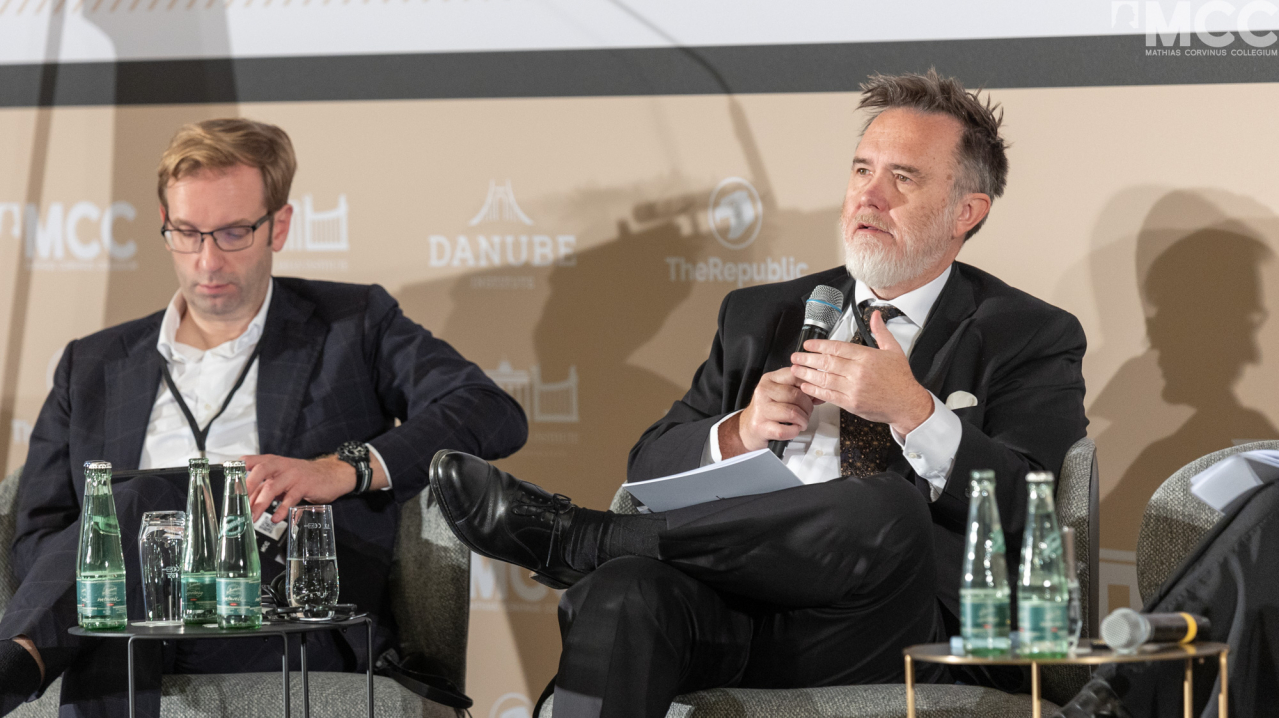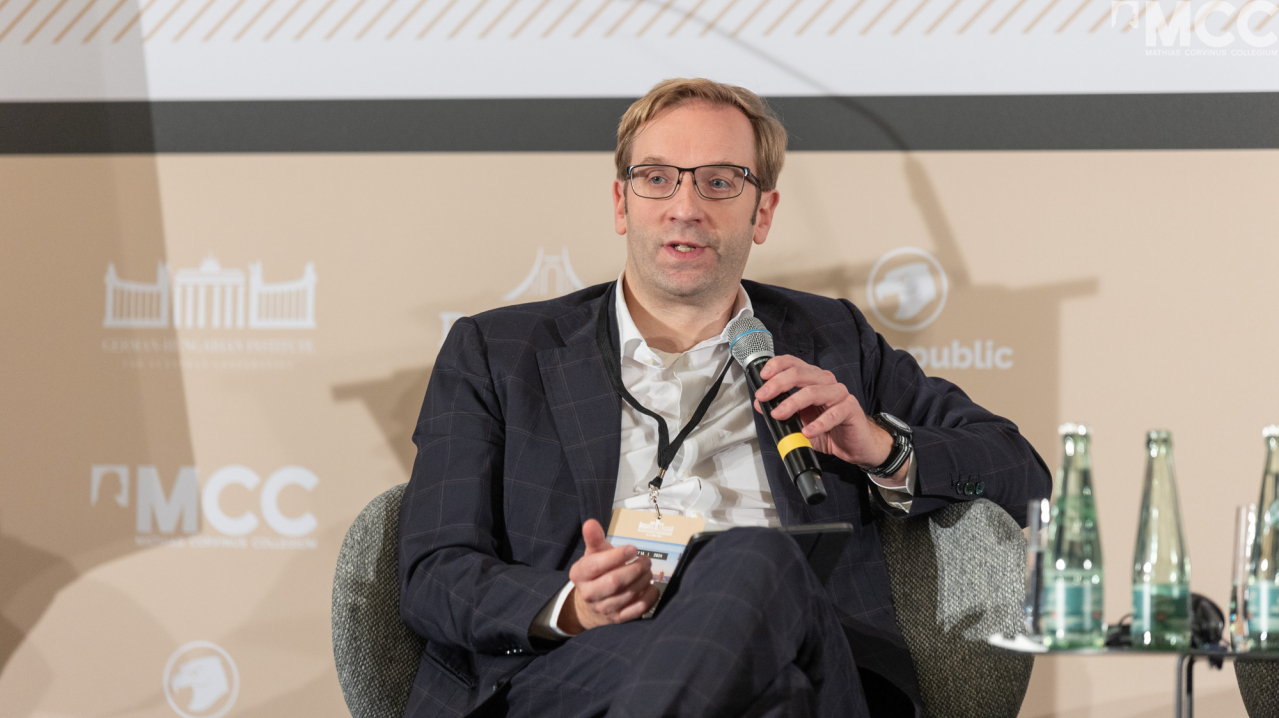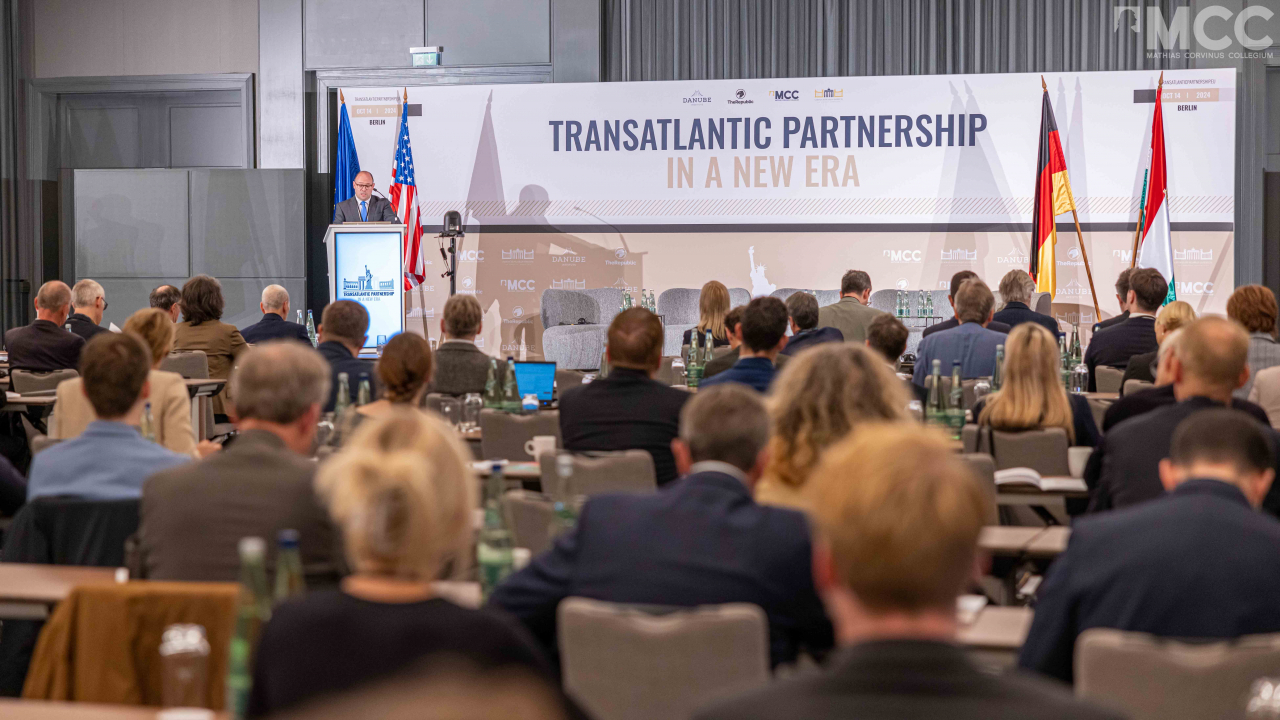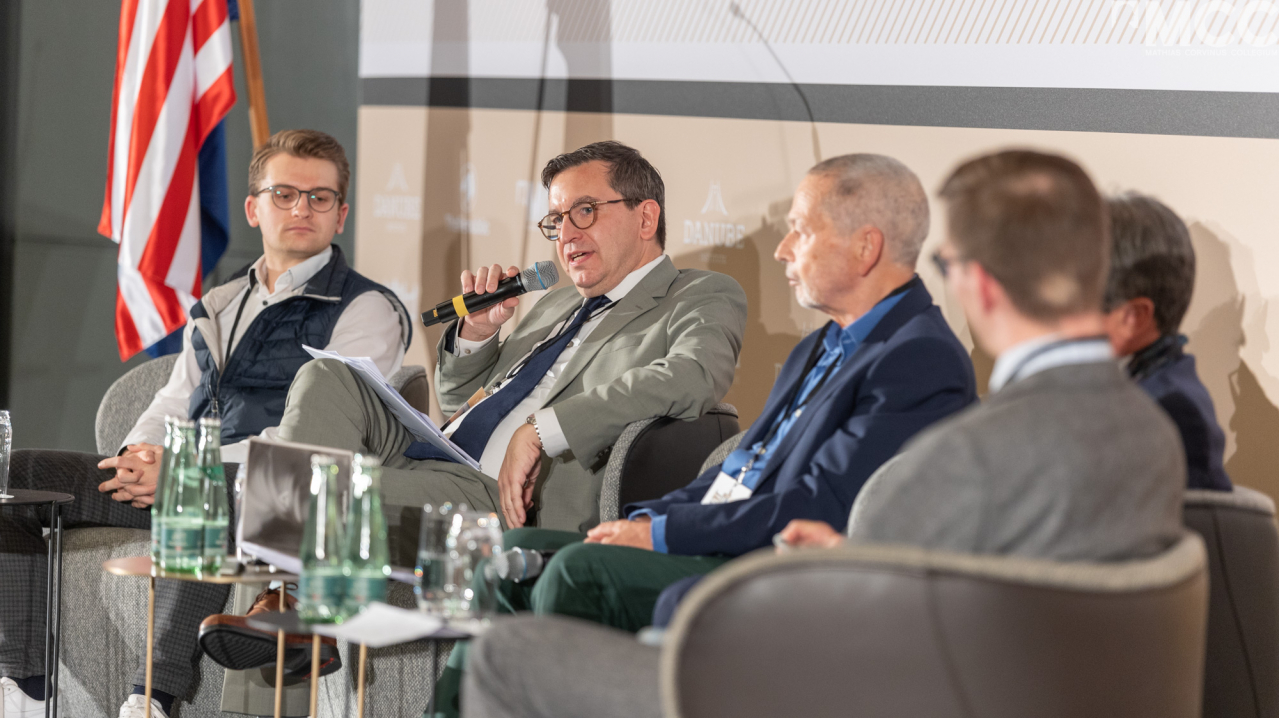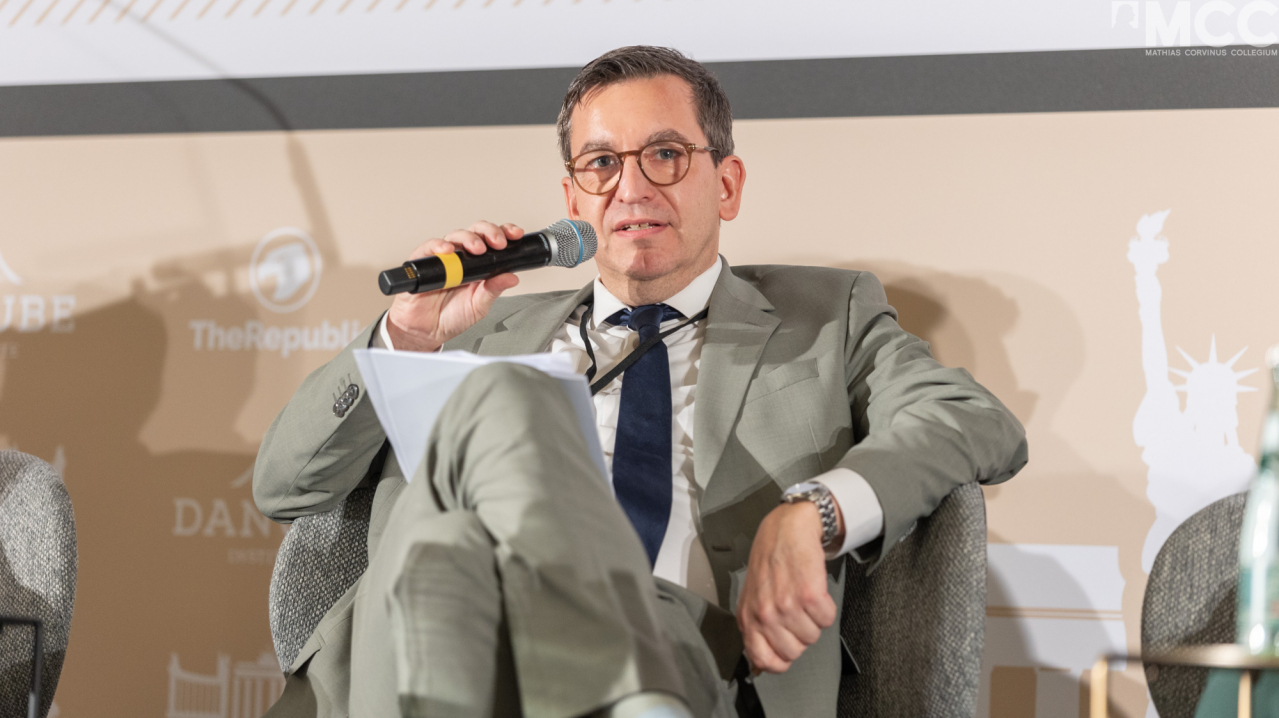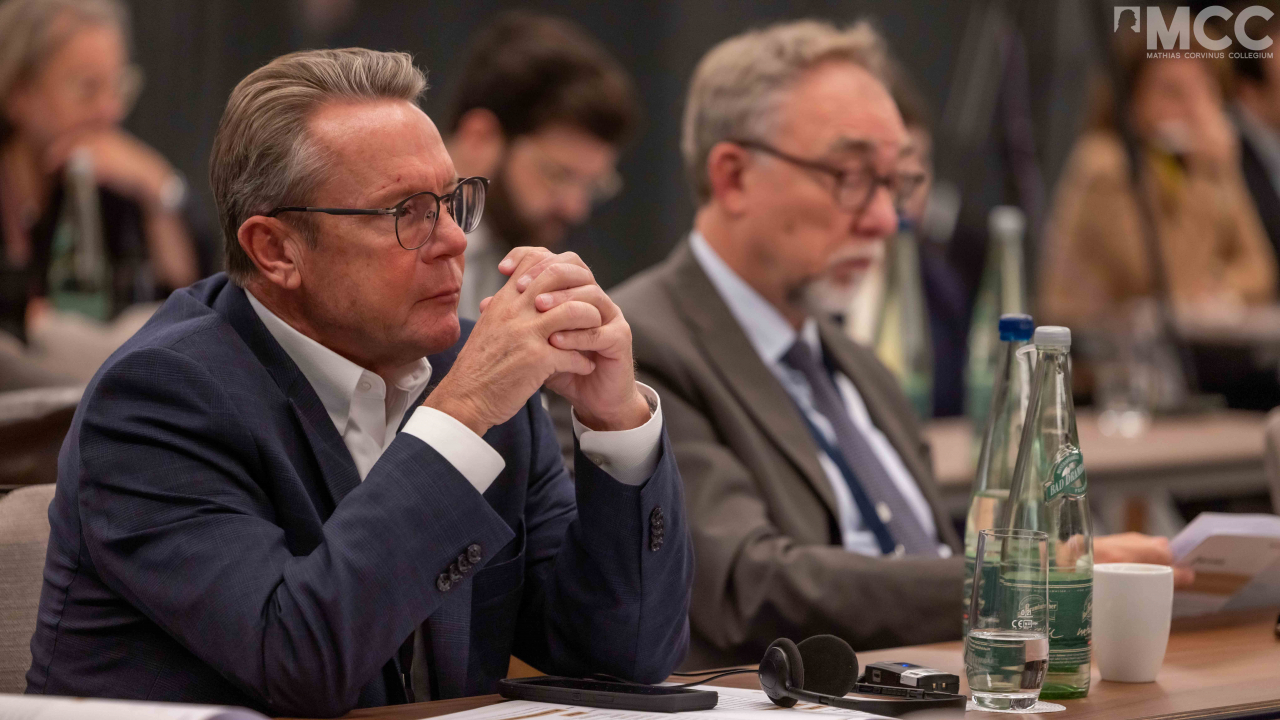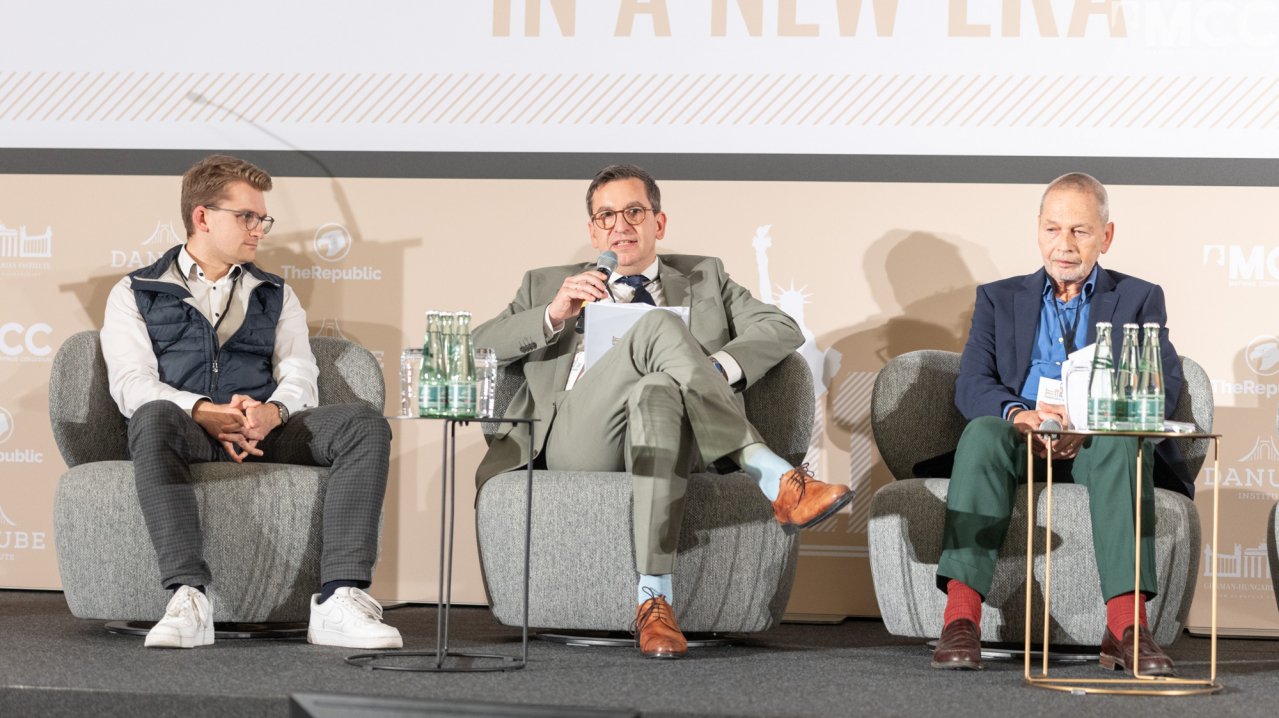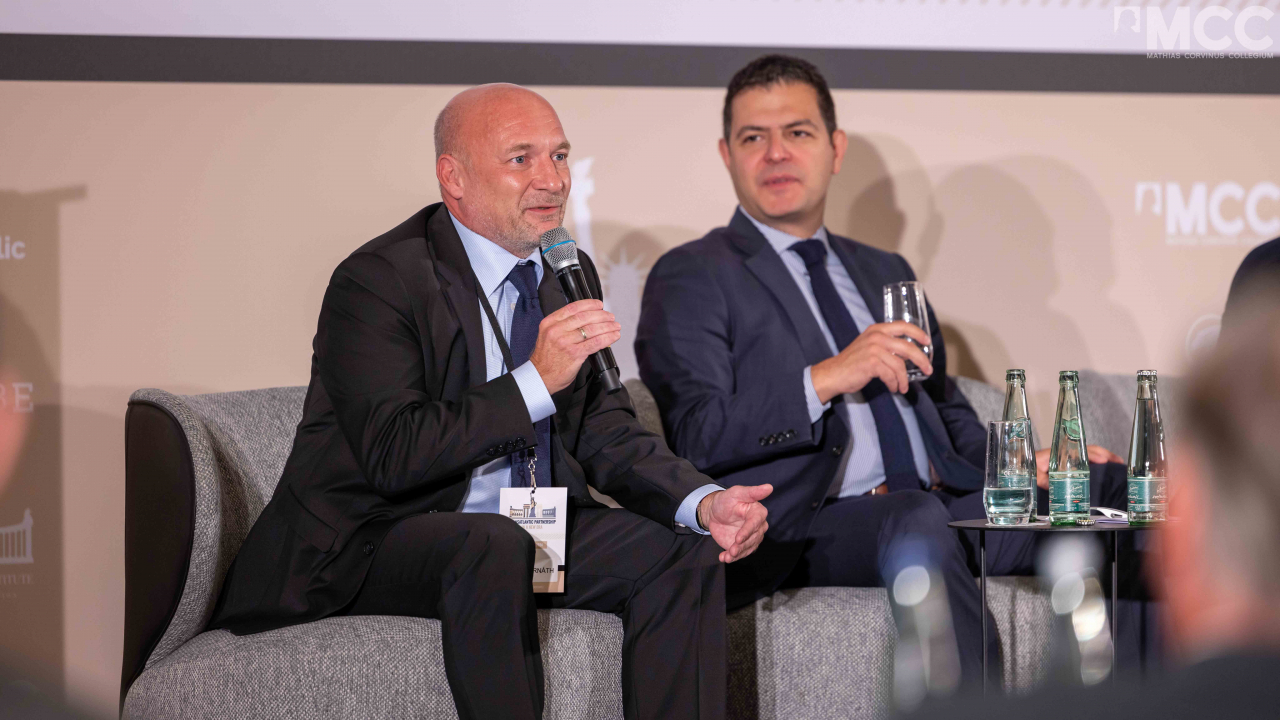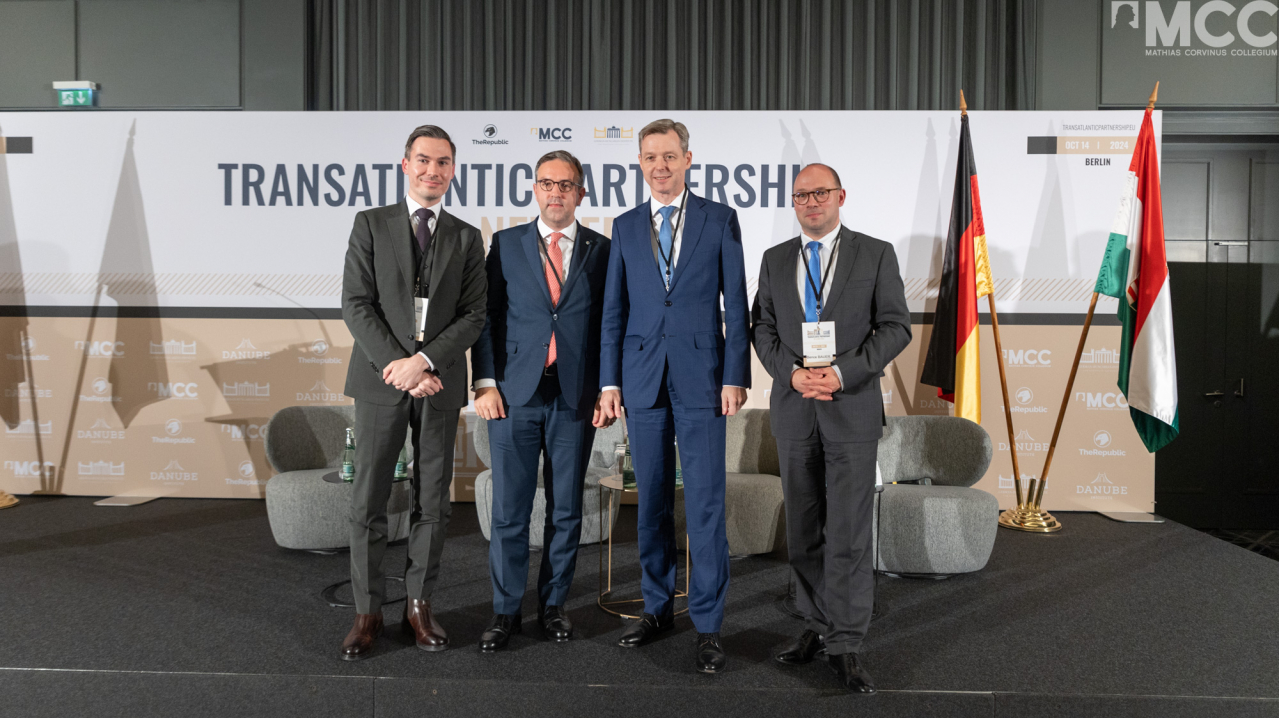Reading time: 2 minutes
On October 14th, MCC hosted the "Transatlantic Partnership in a New Era" conference in Berlin, uniting influential leaders from Europe and the United States to tackle significant challenges impacting the Transatlantic alliance. The event, organized by Mathias Corvinus Collegium, The German-Hungarian Institute for European Cooperation, The Danube Institute, and TheRepublic, sought to connect American, German, and Hungarian conservatives while fostering a vision for a future where these nations cooperate under conservative governance. Key sessions addressed critical topics including migration, antisemitism, economic policies, and evolving transatlantic relations.
Bence Bauer, Director of the Hungarian-German Institute for European Cooperation, commenced the conference by expressing optimism regarding the potential emergence of conservative governments in Germany and the U.S. within the upcoming year. He described the moment as a "call to action" to align shared values and mutual interests. Armin Petschner-Multari, the founder and managing director of TheRepublic, brought attention to the West’s current challenges, particularly the war in Ukraine and increasing Chinese influence, advocating for stronger transatlantic ties to address these pressing issues effectively.
The morning panel featured notable figures, including Balázs Orbán, Political Director to Hungary’s Prime Minister Viktor Orbán, alongside scholars and political leaders who discussed the evolving nature of conservatism. Orbán emphasized Hungary’s 15 years of consistent conservative leadership as a potential model for Europe. Prof. Patrick Deneen critiqued the post-WWII liberal order, asserting that it has fostered self-destructive tendencies replacing patriotism and religion with economic interests, further questioning America’s leadership in a shifting global landscape. Bundestag member Mechthilde Wittmann called for Europe to assert its own identity in global conflicts and emphasize national self-confidence.
Addressing antisemitism and migration, Susanne Schröter highlighted threats faced by liberal democracies from extremist ideologies and criticized Germany’s incoherent immigration strategy. In contrast, Rod Dreher praised Hungary's effective immigration policies that foster Jewish community safety, asserting their positive impact on reducing antisemitism. Zoltán Szalai, General Director of Mathias Corvinus Collegium, advocated for a pragmatic approach to immigration based on historical context.
Later, a panel focused on economic models and societal systems featured discussions led by Sohrab Ahmari and Tamás Bernáth, who examined the ramifications of the financial crisis. Bernáth shared insights about Hungary's post-2010 employment surge, while the group promoted alternatives to neoliberalism that prioritize worker stability and welfare.
The final panel addressed the state of free speech and societal policies, with diverging views on cancel culture's prevalence in Germany. Patrick Deneen called for conservatives to advocate for free speech and to develop new academic institutions to resist censorship.Concluding remarks by Kristof Veres of the Danube Institute foregrounded the importance of continued dialogue among conservatives to navigate the Transatlantic relationship's complexities.
